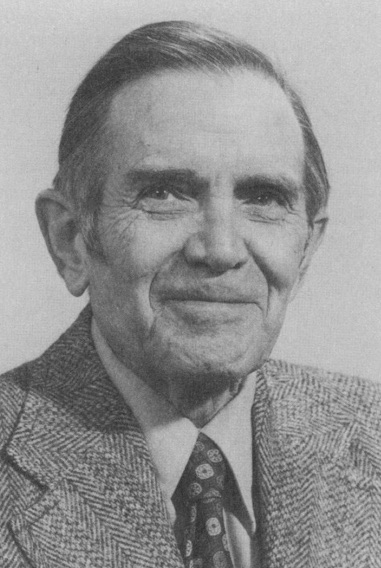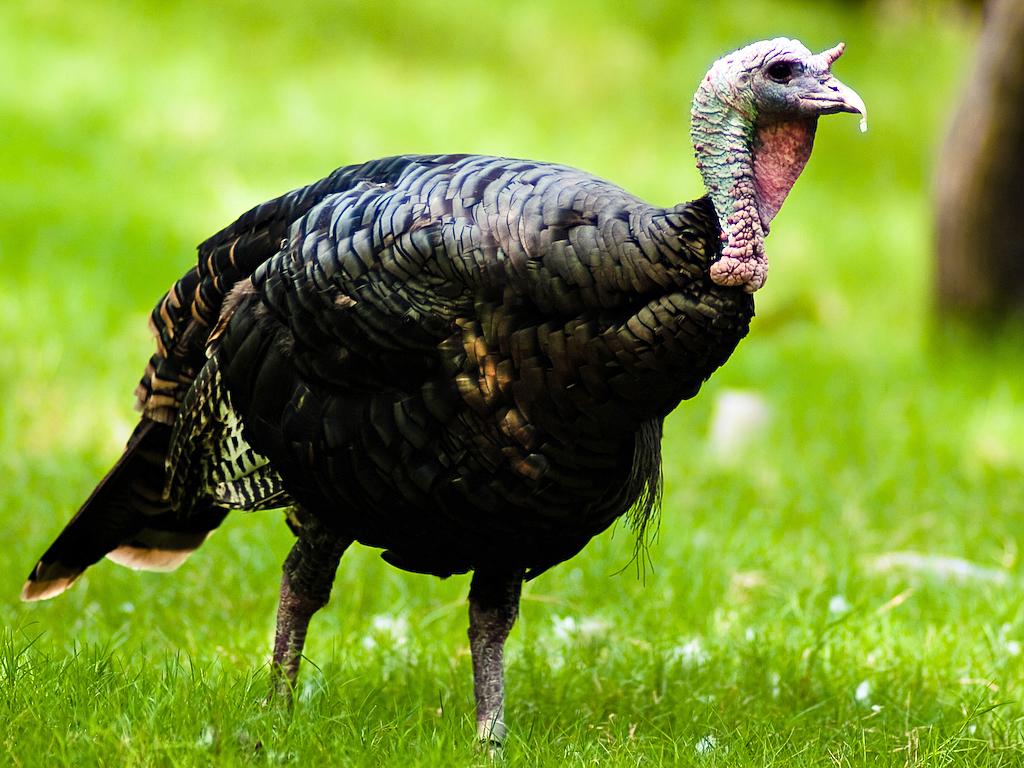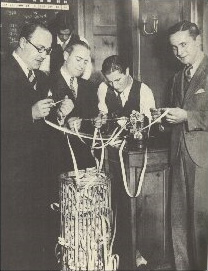Wild Turkey populations now thrive in 49 of the 50 states in the United States. But a century ago, over-hunting and habitat destruction drove the species to near-extinction. The credit for recovering this extraordinary species goes to someone else just as extrarodinary—Professor Henry S. Mosby.

Henry Sackett Mosby was born in Lynchburg, Virginia, on October 28, 1913 (died 1984). He spent most of his life in his beloved home state. He earned degrees from Hampden Sydney College (B.S.) and the University of Michigan (M.S.). He took a job as a field biologist with the Virginia Commission of Game and Inland Fisheries in 1939. He completed his doctorate, also from the University of Michigan, in 1941, while working on his favorite species—the Wild Turkey—in Virginia. His dissertation became a book, co-written with C. O. Handley, The Wild Turkey in Virginia, published in 1943; it remains a classic in the field.
Mosby served as an army meteorologist in Europe during World War II, and on his discharge, returned to Virginia to take up work again as a wildlife biologist through. In 1947, he joined the faculty of the department of Fisheries and Wildlife Sciences at Virginia Polytechnic Institute and State University (known now as Virginia Tech). He retired in 1977 as head of the department.

His dissertation research, along with his later years of continued investigation, served as the basis for the restoration of the Wild Turkey first in the southeastern U.S. and then throughout the nation. Today the species now occupies virtually all suitable habitat throughout its range and is hunted in 49 states (Alaska is the only state without Wild Turkey hunting). In recognition of his role in the bird’s recovery, the National Wild Turkey Federation created the Henry S. Mosby Award, given annually to a wildlife professional whose efforts toward Wild Turkey sustainability mirror those of Mosby
Mosby was influential in the development of the wildlife profession during the mid-20th Century. He was a charter member of The Wildlife Society, the principal scientific organization for wildlife professionals. He edited The Wildlife Society News (now The Bulletin) for seven years. He originated and then edited the first two editions of Game Investigation Techniques, issued in 1960 and 1963; the book, now in its eighth edition, continues to be the primary techniques handbook in the wildlife profession. Mosby was elected president of The Wildlife Society in 1965.
As important as Henry Mosby was to the restoration of the Wild Turkey, he was equally important to his students and colleagues at Virginia Tech. During his career, he advised 54 M.S. and 7 Ph.D. students, participated in Boy Scout activities across generations, and led religious groups both on and off campus. I was privileged to fill his position after his retirement in 1977; I felt his uplifting presence every day as I sat in his office, typed on his rickety manual typewriter and heard the stories of his warm gentlemanly spirit. As Bird McGinnes, his faculty colleague and eulogist, wrote, “Although he was a recognized national authority on the wild turkey, and the turkey was his favorite subject for hunting and conversation, Henry’s deepest love was for the young people who came to him to learn.”
References:
McGinnes, Burd S. 1965. Henry Sackett Mosby, 1913-1984. Wildlife Society Bulletin, 1391):97-98.

